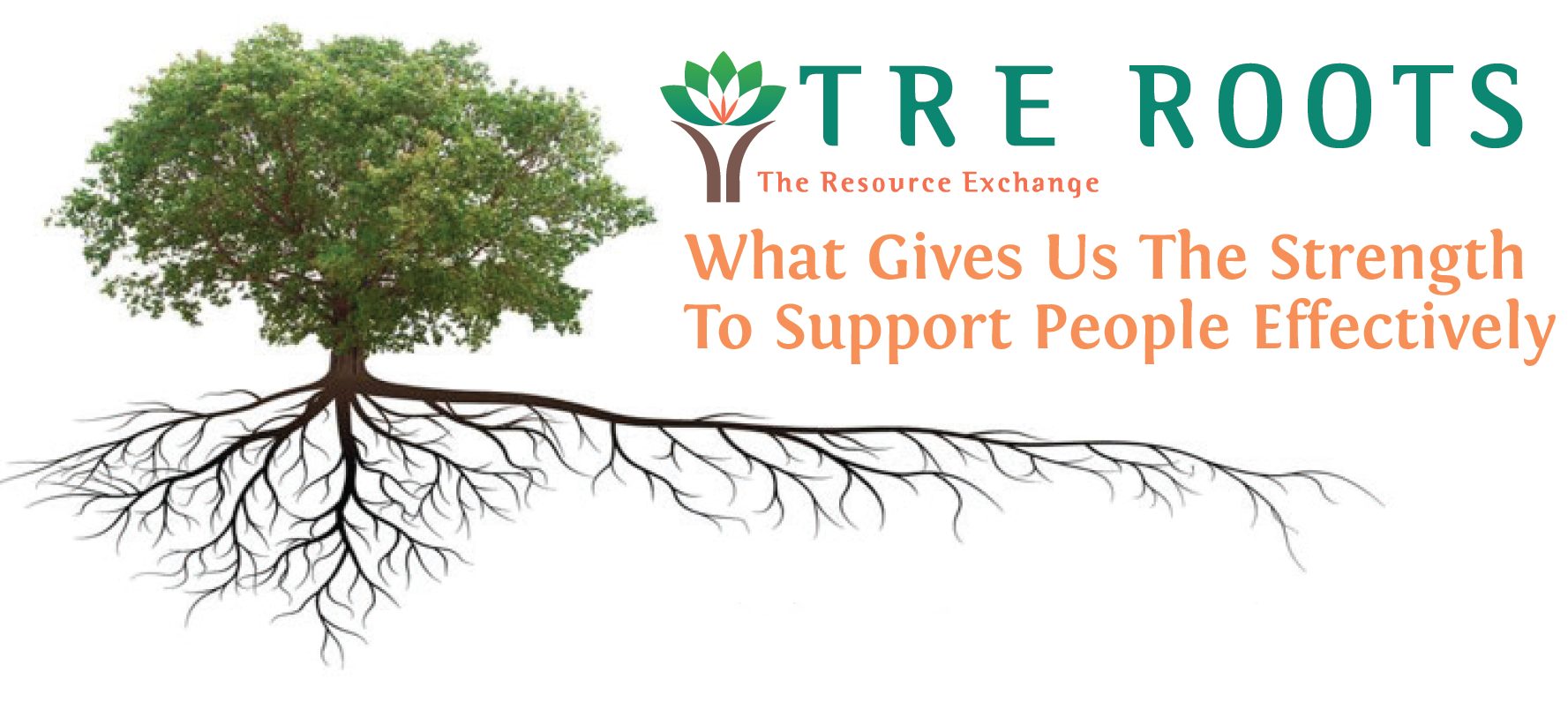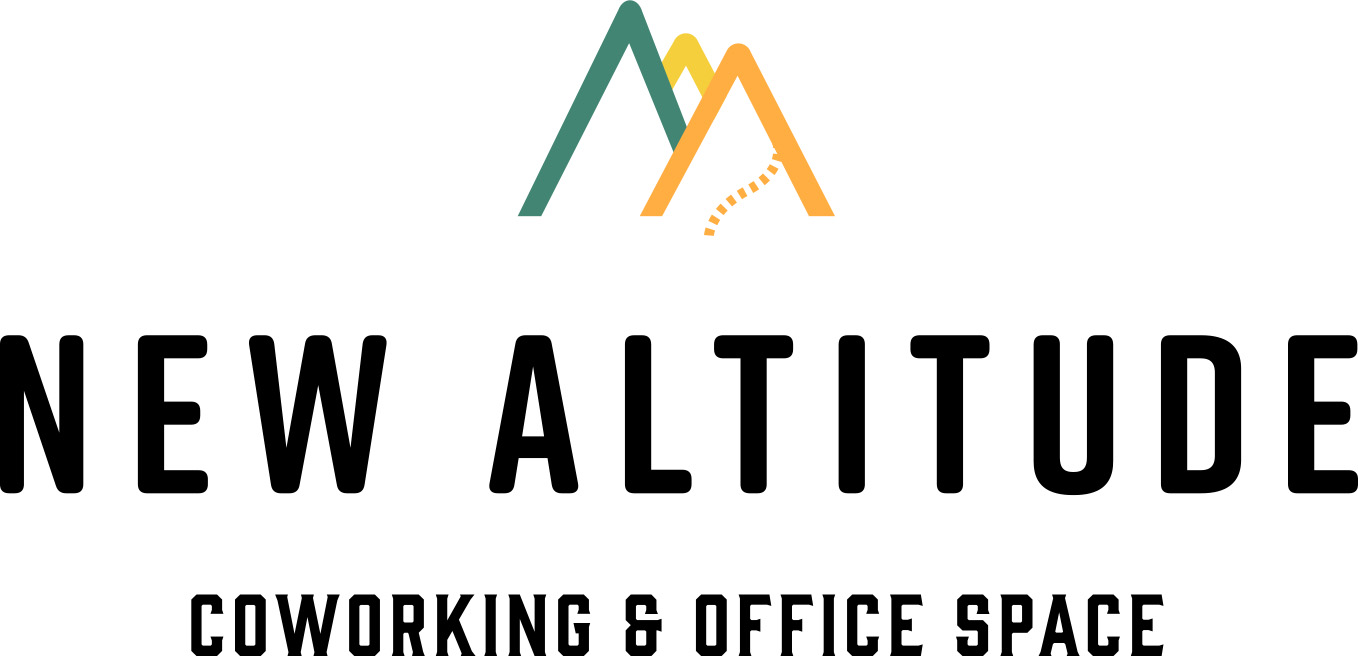

We are proud to share the next in our series of TRE’s cultural “roots”, guideposts that have been identified by TRE as critical to our work. Read more about this organizational effort at www.tre.org/blog-tre-roots/.
ROOT #7 – SPEAK STRAIGHT
Language is about conversations. It allows us to communicate and describe how things are, but it also has a more important influence and role in our work and our world. Language is actually how we create and generate action and results. Because language generates and creates, we must speak in a way to create the right context so that others truly understand what we are saying and so we can engage them in the conversation. TRE and the work we do is like a network of conversations. These are conversations with one another, with the people we support, with our partners, and with our state contracts. It is those conversations that actually drive our effectiveness and success on behalf of the people we serve.

When you care personally but are not direct in presenting the challenge, you get ruinous empathy. This means you don’t share what you think because you care about the person and do not want to hurt their feelings. You cannot assume the other person knows how you feel about an interaction or situation. This doesn’t allow change or problem-solving to truly occur. When you have the opposite, low personal caring but high directness in presenting the challenge, you get obnoxious aggression. This is sharing what you think, but not caring about the impact on the other person, which also doesn’t produce productive outcomes because it leads to defensiveness. A third way of conversing is when you demonstrate low personal caring and low directness in presenting the challenge. With this style, you end up with manipulative insecurity. This means you do not care about the person’s perceptions, and you do not share what you think. This often results in mistrust in the relationship. Finally, if you approach a conversation with high personal caring for the other person and you are direct in presenting the challenge, you demonstrate radical candor which is saying what you think while also caring authentically about the person you are saying it to.
Speaking straight or radical candor may still make someone feel hurt in the moment, but if care is genuine, you also seek to check-in and reinforce the care while remaining clear on the issue. Authentic caring of one another can be an important component of building self-care too.
If we want to create the best outcomes for people we support, speaking straight must be a skill we build to drive our conversations towards productive and positive action and results. As you go about your work this week, consider the following:
- Take time in your team to evaluate some of your conversations according to the above matrix. How can you support one another to be radically candid?
- The next time you have an issue with another person, think about how you can approach them directly to discuss the issue and speak straight rather than going to a supervisor or another person to intervene on your behalf.
- Share your thoughts on speaking straight – what makes it difficult, what results do you see when it is done well?







Leave a Reply